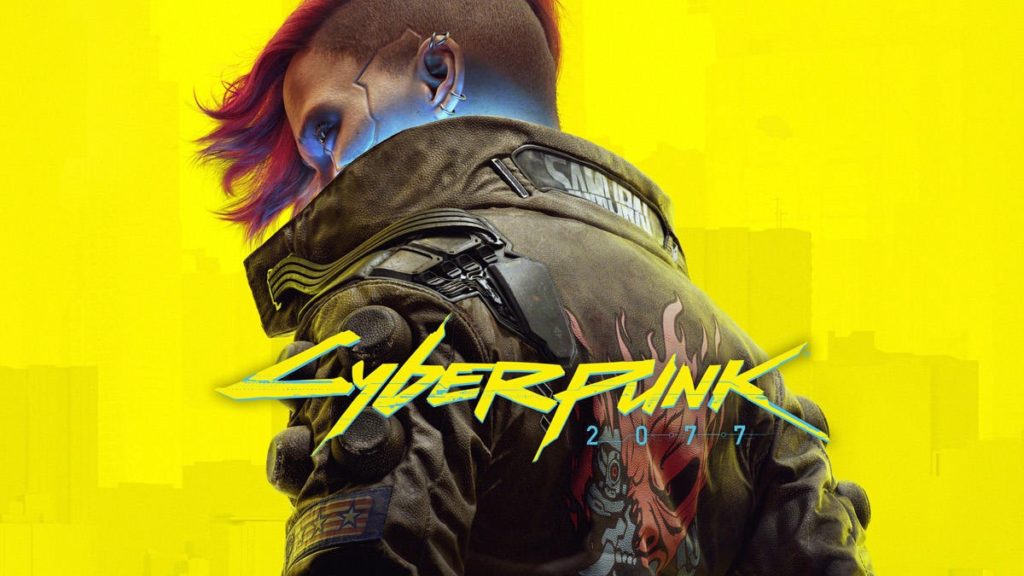
CD PROJEKT RED is planning to boost the performance of Cyberpunk 2077’s Ray Tracing: Overdrive Mode with a new algorithm from NVIDIA dubbed Neural Radiance Caching, according to the latest rumors shared by the CapFrameX account. The technology appears to work by leveraging the Tensor Cores in GeForce RTX GPUs to predict radiance in scenes, and while a 37-page PDF that NVIDIA researchers released during GTC (“Advancing Real-Time Path Tracing with Neural Radiance Cache”) doesn’t deliver much in terms of comparative benchmarks, it does tease a least one other benefit in the form of reduced noise. Path tracing, otherwise known as full ray tracing, is now available to test as part of Cyberpunk 2077’s Ray Tracing: Overdrive Mode, although a GeForce RTX 4090 comes highly recommended for those who desire playable frame rates.
From an NVIDIA Research post:
We introduce a real-time neural radiance caching technique for path-traced global illumination. Our system is designed to handle fully dynamic scenes, and makes no assumptions about the lighting, geometry, and materials. The data-driven nature of our approach sidesteps many difficulties of caching algorithms, such as locating, interpolating, and updating cache points. Since pretraining neural networks to handle novel, dynamic scenes is a formidable generalization challenge, we do away with pretraining and instead achieve generalization via adaptation, i.e. we opt for training the radiance cache while rendering. We employ self-training—reminiscent of radiosity algorithms—to provide low-noise training targets and simulate infinite-bounce transport by merely iterating few-bounce training updates. The updates and cache queries incur a mild overhead—about 2.6ms on full HD resolution—thanks to a streaming implementation of the neural network that fully exploits modern hardware. We demonstrate significant noise reduction at the cost of little induced bias, and report state-of-the-art, real-time performance on a number of challenging scenarios.
[Rumor] CD PROJECT will support neural radiance caching for path tracing with the upcoming Cyberpunk 2077 DLC. This technology can improve path tracing performance significantly. pic.twitter.com/2Yxgkjctnd
— CapFrameX (@CapFrameX) May 20, 2023
